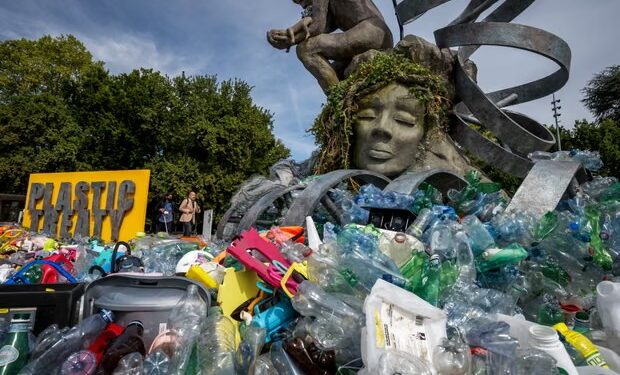Professor Richard Thompson, a renowned marine litter expert, has called on delegates at the ongoing UN negotiations to deliver an ambitious and binding treaty to tackle the escalating global plastic pollution crisis.
Urgency of the plastic crisis
Plastic pollution is now recognised as one of the most pressing environmental threats, contaminating oceans, harming wildlife, and affecting human health. Thompson warned that voluntary initiatives to date have been insufficient, with plastic waste continuing to accumulate at alarming rates worldwide.
Demand for comprehensive and binding action
Thompson stressed the treaty must extend beyond waste management to regulate plastic production, product design, and consumption patterns. He urged negotiators to adopt enforceable targets and mechanisms to ensure accountability across nations.
Looking the next generation in the eye
“The decisions we make now will determine the world we leave behind,” Thompson said. He emphasised the ethical responsibility of delegates to act decisively and transparently, ensuring future generations inherit a healthier environment.
Challenges in negotiations
The talks face complex challenges, including differing national interests and economic concerns. However, there is growing consensus among governments, NGOs, and industry leaders on the necessity of a legally binding global framework.
Implications for policy and investment
An effective treaty could catalyse innovation in sustainable materials and circular economy models. It would also provide clarity for investors and businesses seeking to align with emerging environmental regulations, reducing financial risks linked to plastic pollution.
The road ahead
As negotiations progress, the global community watches closely. The success of the treaty will test international cooperation’s ability to address complex transboundary environmental problems effectively.
REFH – Newshub, 5 August 2025




Recent Comments